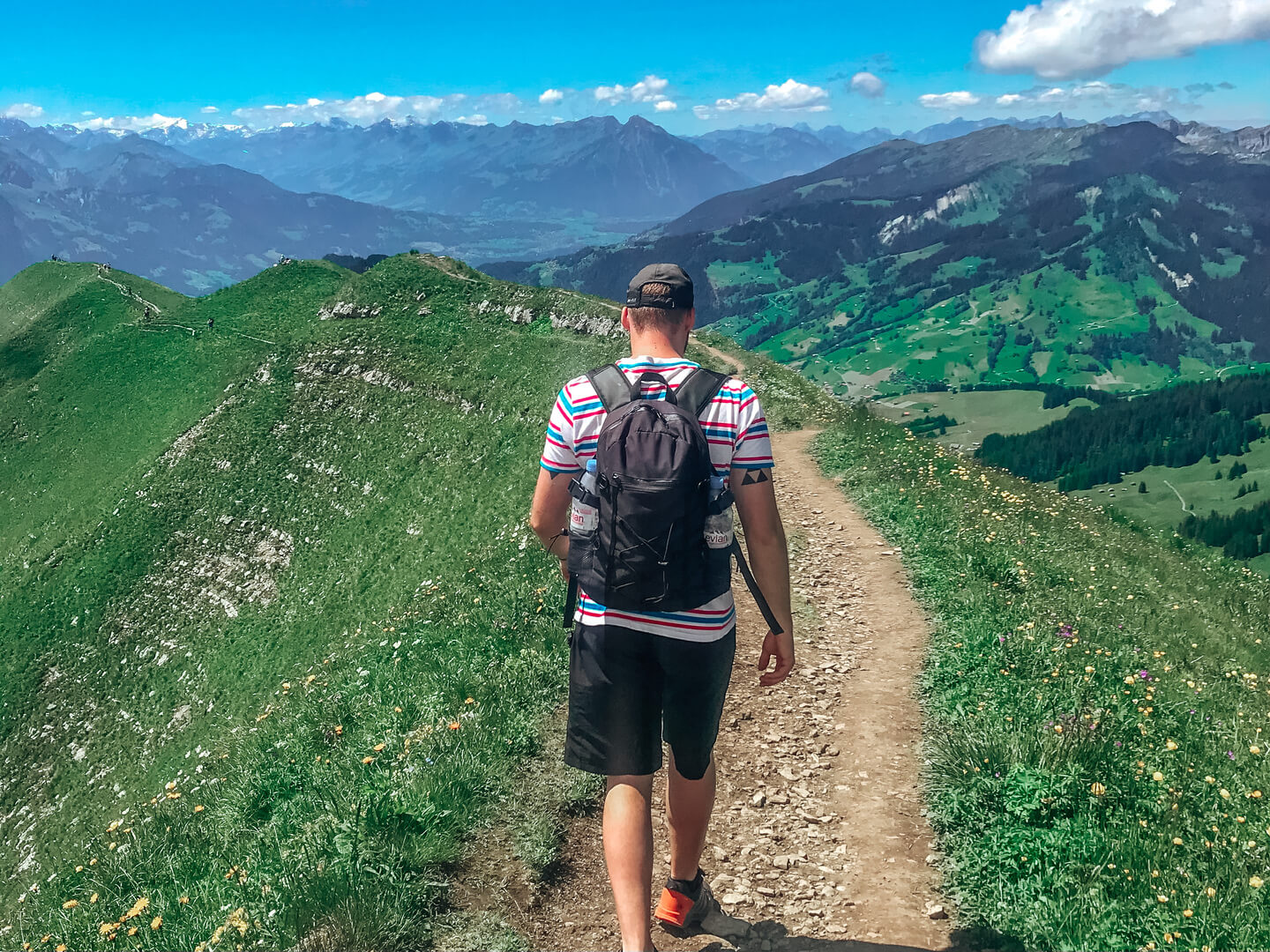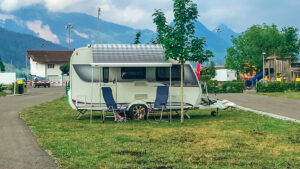1. Never Hike Alone
I understand that privacy, peace, and tranquility can be attractive, but it’s best not to hike alone if possible. Hiking without a friend or group can be bad news if you get hurt or lost for any reason while you are away. It is always helpful to have someone with you in case of an emergency. If you can’t take someone on a hike, it’s a good idea to at least share your location with family and friends.
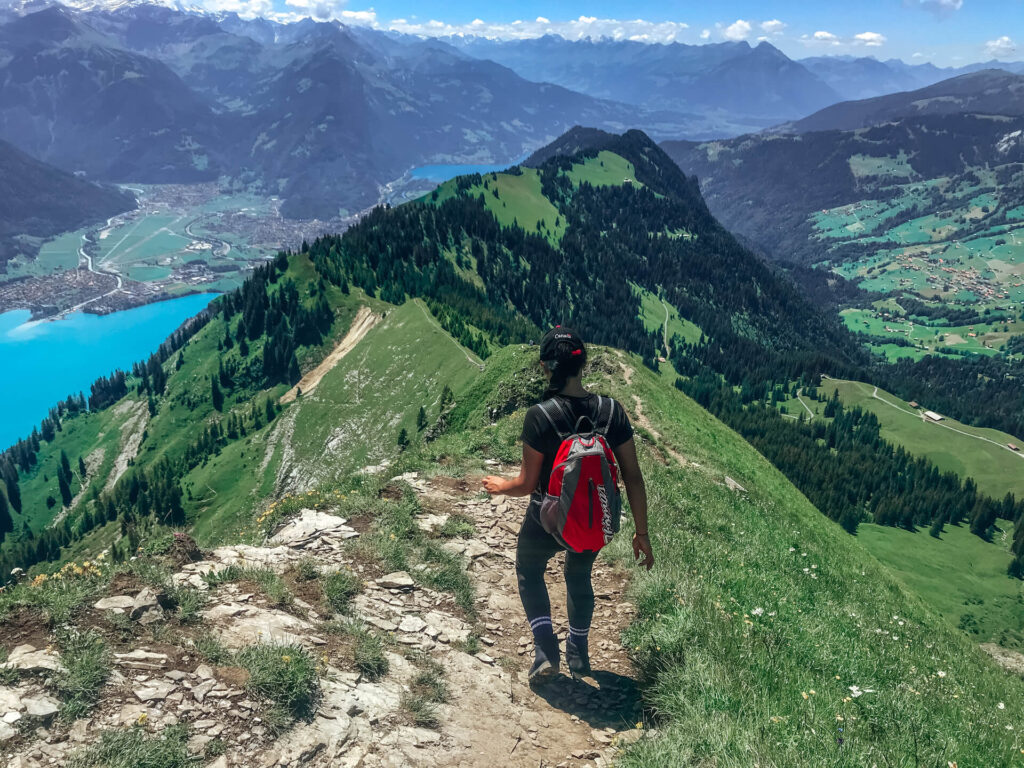
2. Weather
It is important to check the weather the day before the hike. If it’s raining, snowing, or starting to get hot, you should be aware of it and dress and pack accordingly. You don’t want to fall into a blizzard or storm without preparation. Common weather hazards include thunder and lightning as well as terrain changes. If you find yourself in the middle of a thunder and lightning storm, you must reach the shelter as quickly as possible.
3. Wear The Right Clothes
In addition to weather-appropriate clothing, you should always wear appropriate footwear. One of my most important hiking safety tips is to invest in high-quality clogged shoes that provide excellent cushioning and traction. This will avoid problems like leg pain or a twisted ankle. You can also wear moisture-wicking wool or synthetic hiking socks. Cotton socks trap moisture, causing blisters and sweaty feet.
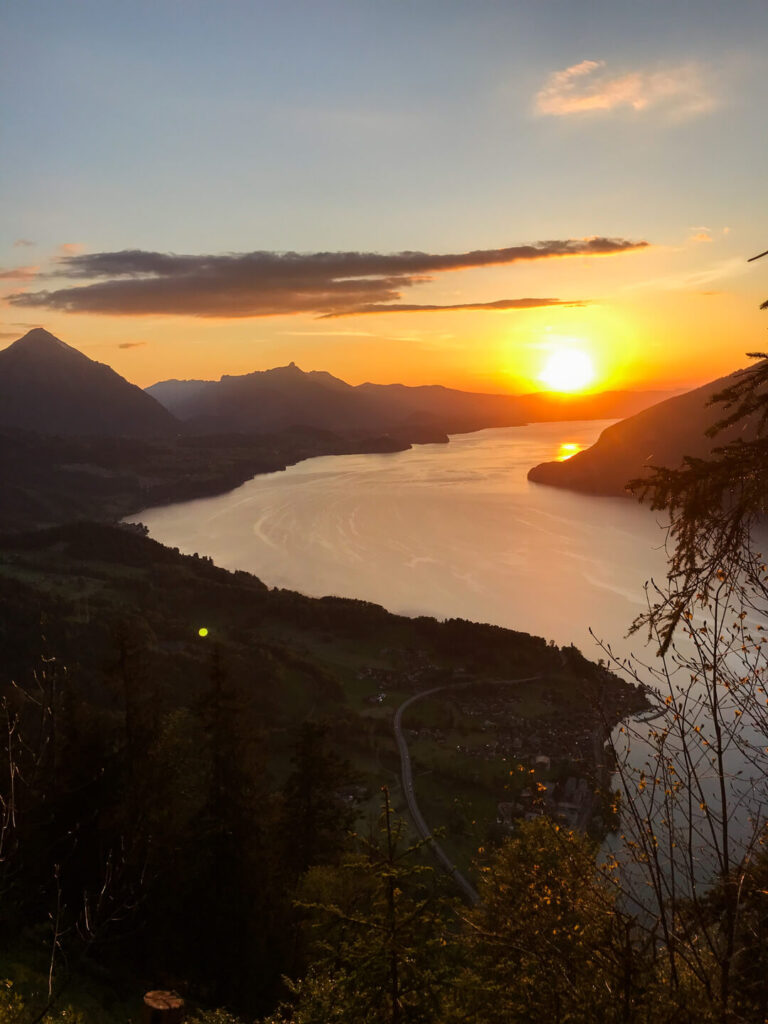
4. First Aid Kit
Always carry a first aid kit with you when going on a day trip or planning an overnight camp. From minor insect bites to more severe cuts or scratches, you should always be prepared in case you or your hiking partner gets hurt. If you are allergic to certain plants, bugs, or anything else you may encounter while hiking, check to see if there is an EpiPen or medication to help alleviate possible reactions.
5. Drink Enough Water
One of the most important hiking safety tips is to drink plenty of water while hiking. No matter what time of year or what time of day you travel, you should always have plenty of water. Also, be sure to drink alcohol while hiking, as well as when you are physically thirsty. The side effects of dehydration can appear quickly, so you should drink water regularly throughout the day.
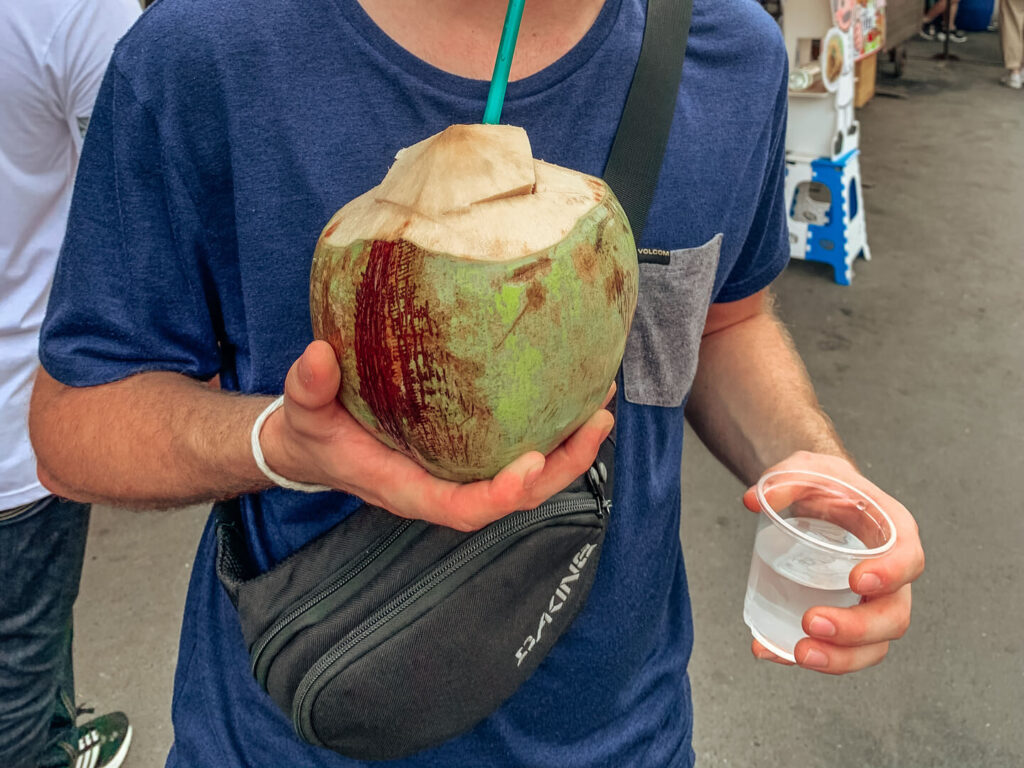
6. Sun Protection
The idea that sunscreen is only important in the hot summer is far from the truth. You should wear at least SPF 30 every day, especially if you plan to do outdoor activities. The sun’s rays still hit you during peak hours of the day, whether it’s 20 degrees or 80 degrees. Remember to always apply sunscreen to avoid heat stroke and sunburn.
7. Time Planning
Before hiking, plan enough time to return to camp or leave the trail until sunset. You don’t want to be stuck on the road in the dark. If you are planning a full day hike, you should start early in the morning to arrive on time in the evening or evening hours.

Conclusion
Hiking is a great way to get outside and enjoy nature, but it’s important to be prepared. These 7 hiking safety tips will help you stay safe on the trail. From carrying the right gear to being aware of your surroundings, these tips will help you have a fun and safe hike. Do you have any other hiking safety tips? Share them in the comments below!
